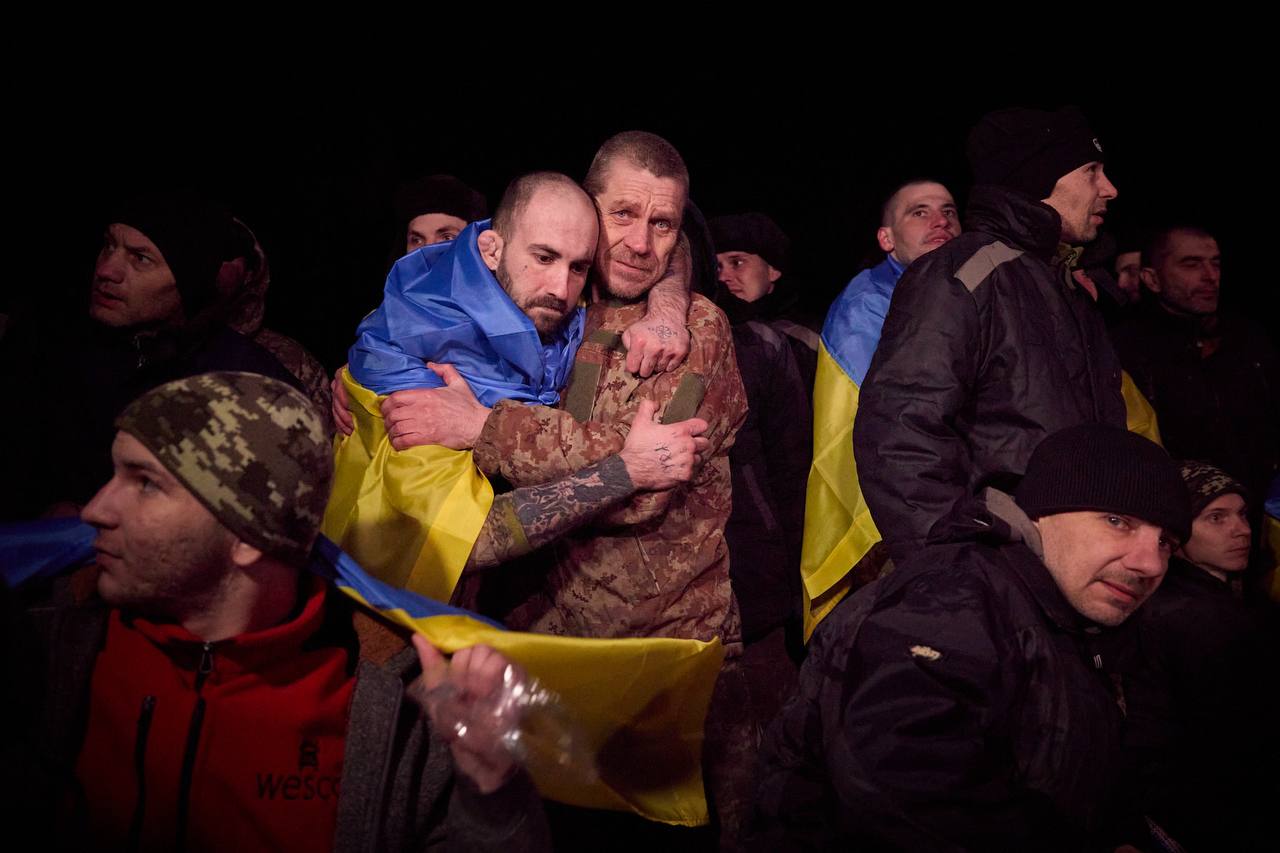WSJ: Russia plans to buy ballistic missiles from Iran

Russia is planning to buy short-range ballistic missiles from Iran and has already begun receiving similar munitions from North Korea, the Wall Street Journal reported on Jan. 4, citing comments from unnamed U.S. officials.
As Russia has become more isolated since the beginning of the full-scale invasion and has increasingly depleted its preexisting supplies of military equipment, it has turned to other international pariahs like North Korea and Iran to replenish its stocks.
U.S. officials said that they believed the deal had not been completed yet but added that it was possible Russia could receive the missiles in the spring of 2024. They also said that North Korea has already provided Russia with launchers and several dozen ballistic missiles.
Contrary to some speculation that Russia was running out of missiles, Russian forces launched some of their largest missile attacks against Ukraine at the end of December and early January. Experts told the WSJ that the attacks demonstrated the danger associated with Russia having such a large stockpile of missiles.
Russia's military ties with Iran and North Korea have been widely documented since the beginning of the full-scale invasion.
Iran has been instrumental in providing Russia with Shahed-type attack drones and has also made deals to purchase advanced Russian aircraft and helicopters.
The U.S. confirmed increased weapons and ammunition transfers from North Korea to Russia following a meeting between Russian leader Vladimir Putin and North Korean leader Kim Jong Un in September.
South Korean intelligence reports claim that North Korea has delivered more than a million shells to Russia.
Beyond their benefit to Russia's war machine, Russia's increasing ties with Iran and North Korea have prompted fears in the West that the partnership is a two-way street in which Russia will provide military technology in exchange for munitions and other hardware.
One particular concern is that Russia may help bolster Iran and North Korea's respective nuclear programs, as both countries have sought to increase their nuclear capabilities for decades but have been hampered by international sanctions.













